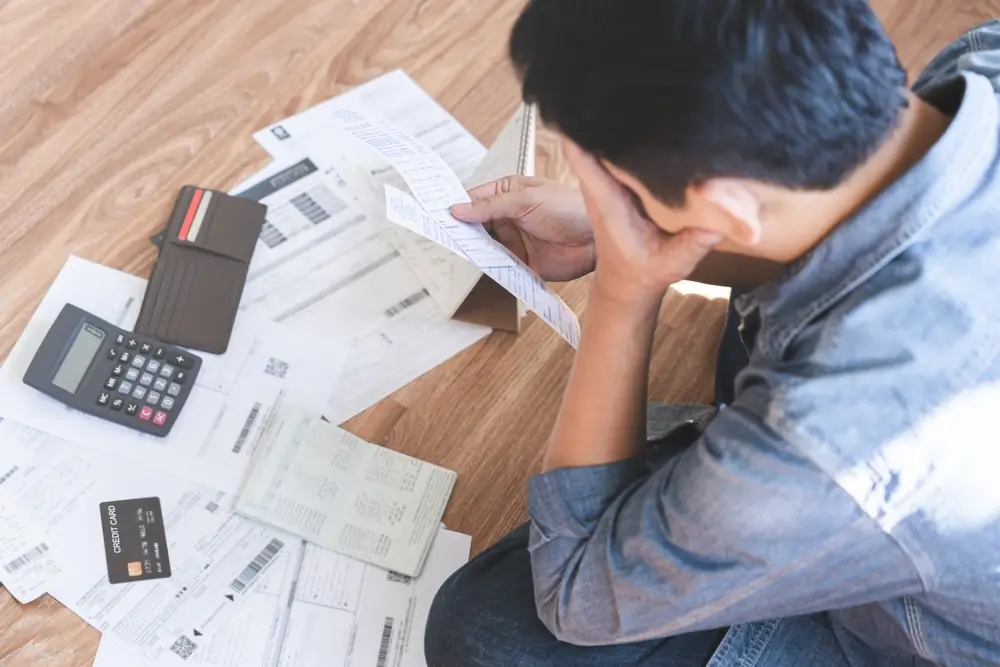Are All Debts Discharged in Bankruptcy?
One of the most common and important questions individuals have when considering bankruptcy is: Will all of my debts be eliminated?
The short answer is: No, not all debts are dischargeable.
While bankruptcy provides a legal framework to obtain financial relief and a fresh start, it is essential to understand which debts can be eliminated—and which will continue after the process. Knowing the difference can help you set realistic expectations and plan accordingly.
Debts That Can Be Discharged
Many unsecured debts are eligible for discharge under both Chapter 7 and Chapter 13, including:
– Credit card balances
– Medical expenses
– Personal loans
– Past-due utility bills
– Most judgments resulting from civil lawsuits
– Unpaid rent from a previous lease
These types of debt are often the primary burden leading individuals to consider bankruptcy. Discharge of these obligations can significantly improve financial stability and peace of mind.
For a broader understanding of bankruptcy’s benefits and limits, we recommend reviewing this related article:
What Bankruptcy Can and Can’t Do for You
Debts That Cannot Be Discharged
Certain obligations are classified as non-dischargeable, meaning they will remain your responsibility even after a successful bankruptcy filing. These include:
– Student loans, except in rare cases of proven undue hardship
– Domestic support obligations such as child support and alimony
– Most types of federal, state, and local taxes (except income taxes if it meets certain requirements)
– Debts incurred through fraud, misrepresentation, or intentional wrongdoing
– Criminal restitution and court-imposed fines
– Recent high-end purchases or cash advances incurred prior to filing (usually within the last 90 days)
Understanding this distinction is essential. If a significant portion of your debt falls into these categories, bankruptcy may still offer relief through restructuring or payment plans—but not complete elimination.
Definition of Non-Dischargeable Debts
The U.S. Bankruptcy Code provides clear legal definitions of dischargeable and non-dischargeable debts. Specifically:
– 11 U.S.C. § 523 — Governs Chapter 7 and lists debts related to fraud, most taxes, and student loans.
– 11 U.S.C. § 1328 — Governs the discharge of debts in Chapter 13 bankruptcy cases, providing for a broader discharge than in other chapters, such as Chapter 7 (contingent upon the debtor’s completion of all payments under the Chapter 13 plan, except in cases of hardship discharge under § 1328(b)).
– Chapter 11 — Used for businesses or high-income individuals, follows similar rules from § 523.
To better understand the structural differences between Chapter 7 and Chapter 13, we suggest reading: Key Steps and Requirements in Chapter 7 Bankruptcy
Can You Choose Which Debts to Discharge?
No. Bankruptcy law does not allow individuals to choose which debts to discharge. The court applies federal statutes to determine eligibility. However, in Chapter 13, a structured repayment plan may allow you to repay certain debts in full while others are partially repaid or discharged upon completion.
Life After Bankruptcy – Why Verifying Your Credit Report Matters: Protecting Your Financial Fresh Start
Once your bankruptcy case is closed, it is important to verify that your credit report accurately reflects the discharge of debts. Incorrect reporting can severely impact your ability to rebuild credit or qualify for future loans.
At our firm, we understand that bankruptcy is not the end of your journey — it’s the beginning of a new chapter. We don’t just file your bankruptcy — we protect the outcome. That’s why we offer a no-cost post-bankruptcy credit audit to make sure your credit report reflects your discharge and your clean slate stays clean.
If we identify any violations under the Fair Credit Reporting Act (FCRA), we represent you on a contingency basis, meaning you pay nothing out of pocket. Violators — whether creditors or credit bureaus — are legally obligated to cover your attorney’s fees, and you may be entitled to statutory damages of up to $1,000 per violation. This is part of our commitment to supporting your complete financial recovery — not just today, but for the future you are rebuilding.
For guidance on this step, see:
How to Ensure Accuracy in Your Post-Bankruptcy Credit Report
Consult a Bankruptcy Attorney for Personalized Guidance
Every financial situation is unique. The most reliable way to determine which debts you can discharge—and which may remain—is through a consultation with a qualified bankruptcy attorney.
At Pagan Lopez Law, we provide clarity, strategy, and results. Whether you are considering Chapter 7 or Chapter 13, we help you:
- Understand your rights
- Evaluate your full financial picture
- Protect your interests and plan for lasting success
And our support doesn’t end with your discharge.
We offer a complimentary post-bankruptcy credit report audit to ensure your creditors correctly report your debts.
If violations are found under the Fair Credit Reporting Act (FCRA), we pursue your rights at no cost to you, with potential recovery of up to $1,000 per violation.
Take the First Step:
📌 File for Bankruptcy and eliminate debt
📌 Defend Your Credit Report after discharge
📌 Build a Stronger Financial Future
Your fresh start deserves full protection.
Contact us today for a confidential consultation.
📞 Call Now | 📩 Schedule Your Free Case Evaluation



